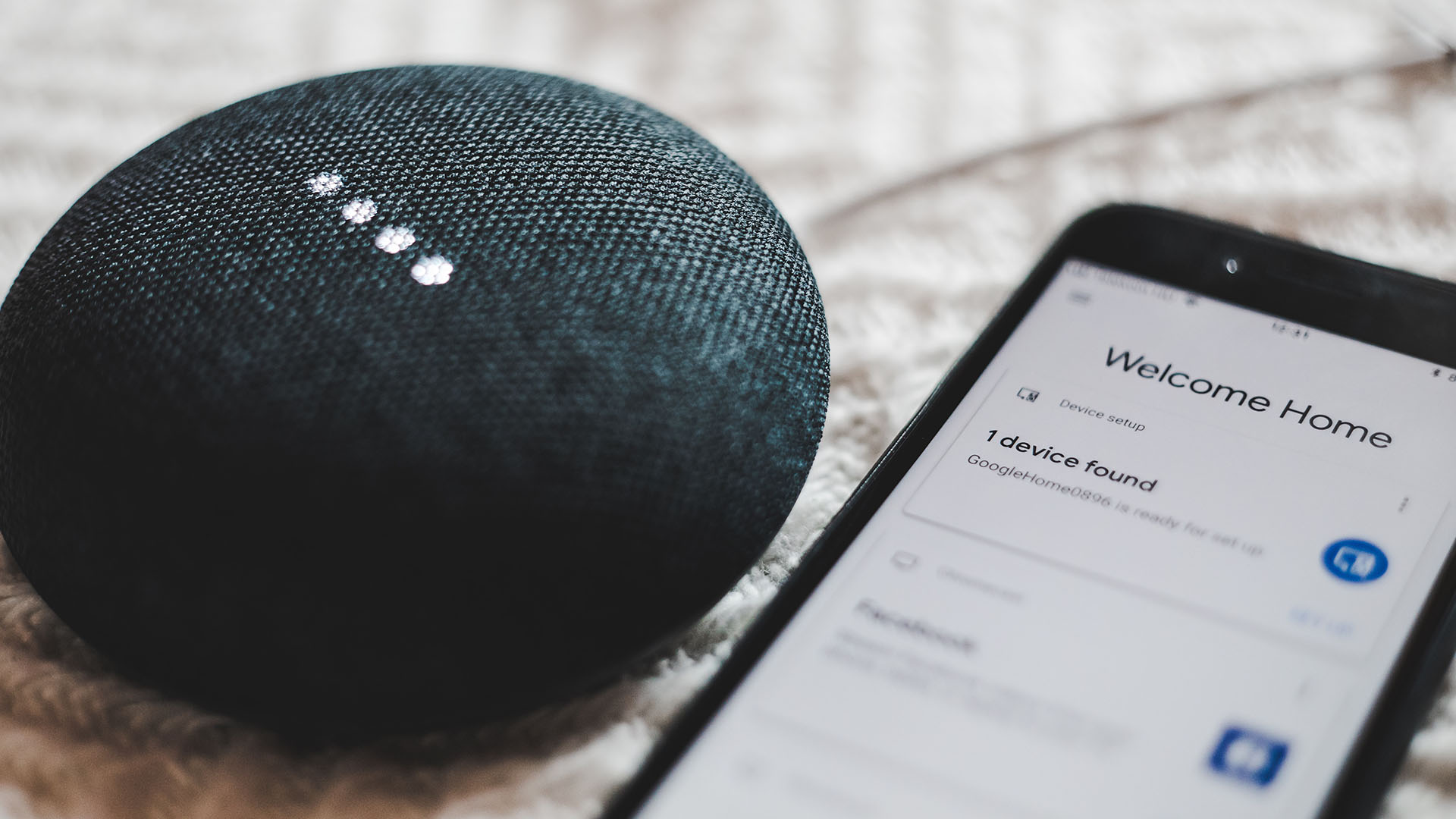Published by
Smart home tech has made life a lot easier for many homeowners. Voice assistants like Alexa are among the most popular and well-known of the bunch, but they’re just the tip of the iceberg as far as home tech is concerned.
Over the next 10 years, we’re likely to see a revolution in how electronic devices interact with each other and impact our lives. New innovations like internet-of-things (IoT) devices that can transform regular homes into smart homes are already becoming more affordable. Below, 13 experts from Forbes Technology Council discuss some of the smart innovations and key features of home tech they expect to see become commonplace within the next decade.
1. Seamless Integrations
I expect to see seamless integrations in the next few years. We can already integrate home assistants with the rest of the home ecosystem — streaming services, HVAC, security, alarms, etc. But let’s get real — integration is often clunky, burdensome and it takes multiple hurdles to get it done. Imagine walking into your home and announcing to Alexa, “I have a new device. Connect it with…” – David Moise, Decide Consulting
2. Fully Integrated Security
Fully integrated security systems will become the norm over the next decade, combining physical security for the home and cybersecurity for digital devices. Today, cybersecurity for the home is actually pretty lax, especially in terms of Wi-Fi networks that are vulnerable to hacking. Expect smart home providers to add cybersecurity measures to their suite of services. – John Shin, RSI Security
3. More AI And ML Integration
Artificial intelligence and machine learning technologies will become more commonplace as integrations with smart devices. Think smart reordering of home supplies and consumables or monitoring of behaviors like electricity usage and home comfort systems to optimize cost and environmental experience. Currently we can tell devices like Alexa to do these things, but in the coming years, it will be done for us. – Mike Frey, Yellow Basket, LLC
4. Extended Role Of Voice Assistants
While voice assistants would be more advanced to be able to do more than schedule calendar appointments, they would extend to doing more such as turning on appliances, and actually be able to do other things such as park your car, answer the door and many more connectivity activities that technology would be able to support. – Lydia Miller, TATA consultancy Services
5. Voice Biometrics
Smart assistants will be reliable and with a fair degree of precision be able to tell who is issuing the commands, so that they can perform complex tasks — such as checking emails, making financial transactions, etc. Voice biometrics is already a thing but will mature over the next few years to become more prolific. – Suresh Sambandam, Kissflow
6. Interactive Robot Assistants
Devices like iRobot are pretty common today and robotics and AI technologies, fast evolving. In a few years, interactive robot assistants will become an integral part of our day-to-day life. They can help perform common household chores, manage connected devices, ensure home security and make our lives more efficient. Not to mention, for people with special needs they can play a much bigger role. – Meeta Dash, Verta.ai
7. Intelligent AI Operating System
While Alexa is the voice interface for the home, we need an intelligent AI operating system to handle “everything” at home (similar to “Her”). This OS would have basic technical features (work from home, energy, cleaning, safety, physical and cybersecurity, sanitation, AV, gaming, payments) at home, office and community levels, as well as ) integration with smart city (all government services), and personal function (social media, e-commerce). – Satyam Bheemarasetti, NeoSilica Technologies Private Limited
8. Virtual Interactive Displays
Voice assistants are nice but I’m looking forward to virtual and interactive displays in the home that complement the voice experience. Not a wearable, but ideally something that’s projected. – Elias Guerra, Popwallet
9. House Health Monitoring
The hottest thing in the next five to 10 years will be an assistant robot that tells the vitals of your house as well as scope out oddities. This will be an evolution of the drone monitoring system. People will have home health dashboards that are especially synchronized with the health of their mortgage payments. – WaiJe Coler, InfoTracer
10. Smart Locks
Smart locks, for sure, will be an omnipresent feature. Current technology is quite clunky, and technology is coming up with new and more secure ways of adding greater security. – Irsa Faruqui, RetroCube – Software and Mobile Application Development Company
11. Smart Toilets
I predict that smart toilets will become a tech feature in homes over the next 5 to 10 years. COVID has proven that a smart toilet can help monitor for viruses, diseases and vitamin deficiencies. It will be an early indicator for many health issues. – Brian Keith, Microsoft
12. Smart Solar Panels
I expect to see smart solar panels mounted on roofs. This is in line with the urgency around climate action and sustainability. With this, every house could also resell power back to the electricity grid and contribute toward a circular economy. As smart solutions are all potential attack surfaces for cyber criminals, digital risk could increase in tandem, and we see cybersecurity also taking increased priority. – Kumar Ritesh, CYFIRMA
13. Always-On TV Screens
TVs will eventually be left on all the time and connected to the rest of your ecosystem so that they can show alerts or aid in tasks more easily. They’ll passively show art or photos from friends and family, a constant news feed of your own social circle, and your voice will be the remote for most activities. – Luke Wallace, Bottle Rocket
Share:
Categories
tags
Related Posts

The Value of Agency Project Managers

Your Guide to a Product Analytics MVP


